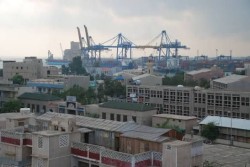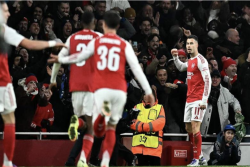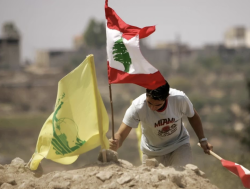Wounds of Dutch history expose deep racial divide
- 2020-07-13 17:18:24


 Pierre Rayer: Art, Science, and Happiness: The Universal Mission of Transmission to Future Generations through Patronage at the Louvre Abu Dhabi
Pierre Rayer: Art, Science, and Happiness: The Universal Mission of Transmission to Future Generations through Patronage at the Louvre Abu Dhabi Ahly crowned Super champions after dramatic extra-time win over Modern Future FC
Ahly crowned Super champions after dramatic extra-time win over Modern Future FC Yemeni Honey..A Development Wealth Threatened By Conflict And Climate Change
Yemeni Honey..A Development Wealth Threatened By Conflict And Climate Change California wildfires: Millions warned of possible power cut
California wildfires: Millions warned of possible power cut Central African rebels launch attacks near capital
Central African rebels launch attacks near capital Yemen’s PLC President Praises UAE’s Latest Support for Electricity Sector
Yemen’s PLC President Praises UAE’s Latest Support for Electricity Sector U.S. Urges Port Sudan to Acknowledge Chemical Weapons Violations
U.S. Urges Port Sudan to Acknowledge Chemical Weapons Violations Arsenal thump Bayern to stay perfect in Champions League
Arsenal thump Bayern to stay perfect in Champions League Yemen : Three Foreign Nationals Arrested at Aden Airport Over Alleged Links to Houthi Training
Yemen : Three Foreign Nationals Arrested at Aden Airport Over Alleged Links to Houthi Training Lebanon rejects Iran’s interference over Hezbollah’s future
Lebanon rejects Iran’s interference over Hezbollah’s future
